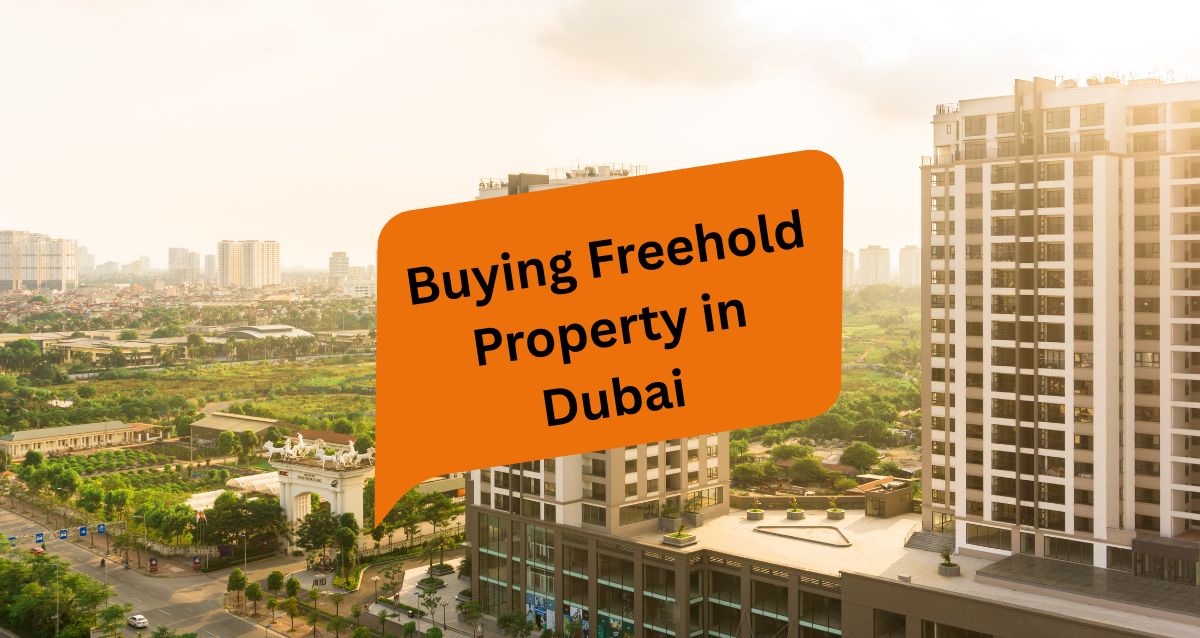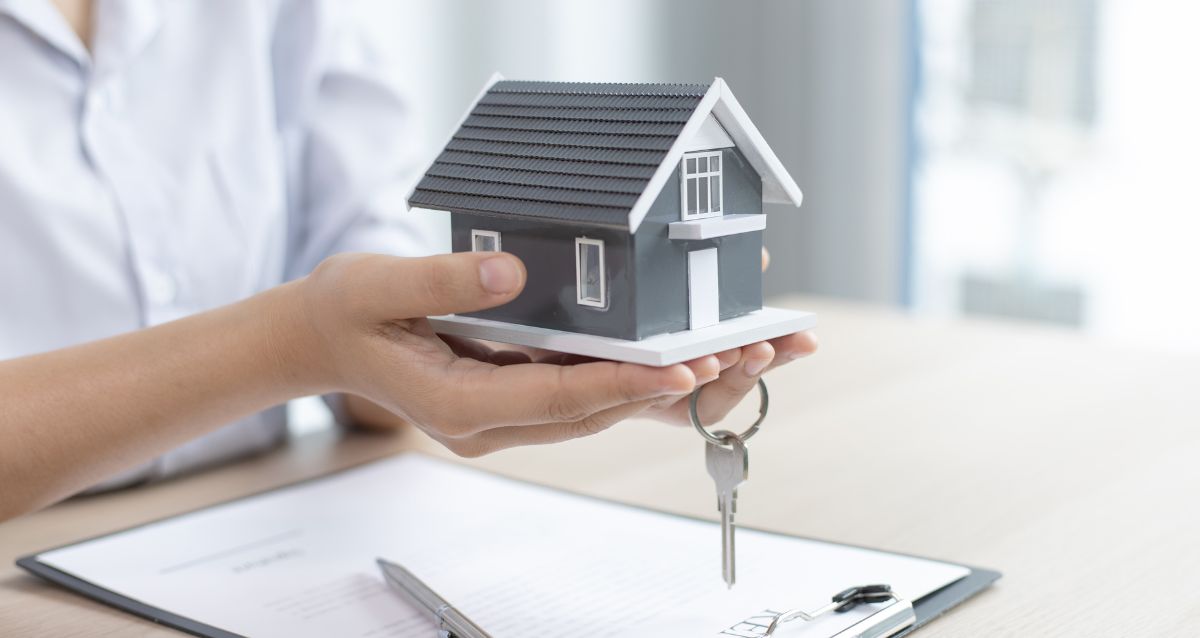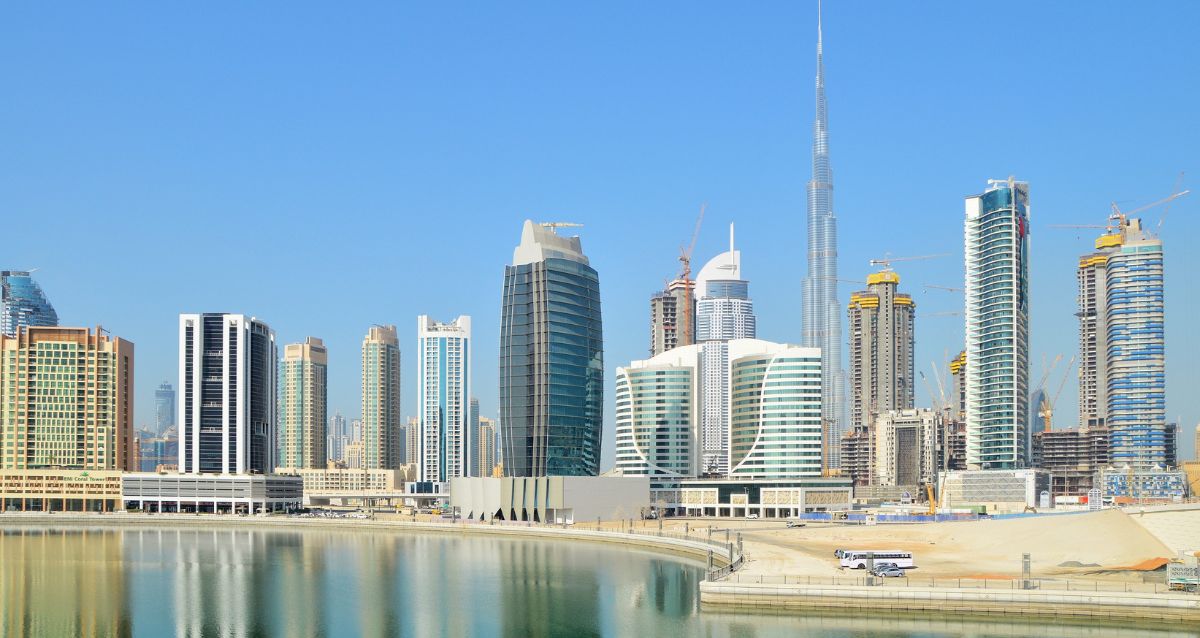Buying Freehold Property in Dubai – A Beginner’s Guide

Buying Freehold Property in Dubai
Dubai isn’t just about tall skyscrapers and luxury shopping malls-it’s also one of the most active real estate markets in the world. People from all over invest here because it offers things that many other places don’t: no property tax, strong rental income, and a fast-growing economy.
If you’re thinking of getting your first home or investment here, you’ll hear the term “freehold property” a lot. And if you’re wondering what exactly that means, you’re not alone. Many first-time buyers have the same question. Let’s go step by step and make it simple.
What Does Freehold Property Mean?
Freehold basically means you own the property completely-not for a few years, not on lease, but forever. You’re not just buying an apartment, villa, or townhouse; you’re also buying the land it stands on. That’s why freehold is considered the most secure type of ownership.
Dubai introduced this concept in 2002, and since then, certain areas have been opened for foreigners. Today, places like Downtown Dubai, Dubai Marina, Palm Jumeirah, and many villa communities are all freehold zones.
To put it simply: with freehold, you can sell your home, rent it out, gift it, or pass it on to your children without any restrictions.
Why People Choose Freehold in Dubai?
There are a few big reasons why freehold is attractive:
- Total ownership – the home and the land.
- Freedom to use it – sell, rent, gift, or keep it for your family.
- Inheritance rights – it stays in your family legally.
- Visa options – invest enough, and you may qualify for a residence visa.
- Extra income – rent it long term or as a holiday home.
- Foreign-friendly – non-residents can buy in certain zones.
- No property tax – one of Dubai’s strongest selling points.
It’s easy to see why people from India, Europe, Russia, China, and the GCC keep buying here.
How to Buy a Freehold Property in Dubai?
If you’re new, the buying process might look complicated. But once you break it down, it’s actually straightforward.
1. Plan Your Budget (And Include All Costs)
It’s not just about the price tag. There are a few extras:
- Dubai Land Department (DLD) fees
- Trustee registration fees
- Service charges (maintenance)
- Real estate agent fees
If you go for an off-plan property (still under construction), developers often let you pay in installments. This makes it easier to spread out your payments.
2. Work with a Trustworthy Agent or Developer
Only deal with RERA-certified agents or reputable developers. It protects you and makes the process transparent.
3. Visit the Property or Show Units
Most developers set up show homes. Visiting them gives you a real sense of space. design, and community amenities. Don’t hesitate to ask about:
- Handover timelines
- Facilities within the community
- ROI projections
- Future master plans for the area
4. Make a Down Payment
Once you’ve found the right property, you’ll need to sign a Memorandum of Understanding (MOU) and make an initial payment. Typically, this is around 10% of the property value, though some developers offer lower options starting from 5%.
5. Follow the Payment Schedule
For off-plan projects, payments are tied to construction milestones. Stay updated and make payments on time.
6. Final Payment & Registration
Upon project completion, you’ll pay the remaining balance and register the property with the Dubai Land Department under your name.
Visa Benefits of Property Ownership
Buying a property in Dubai isn’t just about ownership-it can also help you stay in the UAE long term. For example:
- Golden Visa (5–10 years) if you invest AED 2 million or more.
- 2-Year Investor Visa if your property is worth AED 750,000 or more.
- These visas provide flexibility for work, family sponsorship, and long-term residency in the UAE.
Practical Tips for First-Time Buyers
Here are a few things worth remembering:
- Research communities: Service charges differ, so check before buying.
- Developer reputation matters: A trusted name means fewer risks.
- Location is key: Well-connected areas bring better rental demand and resale value.
- Think long term: Will it be easy to sell later?
Inspect before buying: Virtual tours are helpful, but nothing beats an in-person visit.
Mistakes You Should Avoid
Some first-time buyers make these common mistakes-try not to:
- Ignoring document checks (always verify the title deed).
- Underestimating hidden costs like maintenance.
- Buying in a weak location with low demand.
- Relying only on online photos.
- Forgetting to think about resale potential.
More Than Just an Investment
Buying property in Dubai is more than a financial move-it’s a lifestyle choice. The city offers world-class communities, excellent infrastructure, and a globally connected environment. Whether you want rental income, a family home, or even both, Dubai gives you options.
Final Thoughts
If you’re buying a freehold property in Dubai for the first time, the key is simple: plan well, choose the right partner (agent or developer), and make sure you understand all the costs. Once you do that, the process is smooth and very rewarding.
From complete ownership rights to the possibility of a residence visa, Dubai’s real estate market has something for everyone. And when you finally hold the keys to your new home or investment, you’re not just buying property-you’re stepping into a whole new lifestyle.
To learn more about Buying Freehold Property in Dubai, Book a free consultation with one of the Signature Habitat team advisors.
This article was published on 30-08-2025. The information provided in the article is based on the policies and rules applicable at the time of writing it. Talk to one of our consultants for any recent updates or changes.

